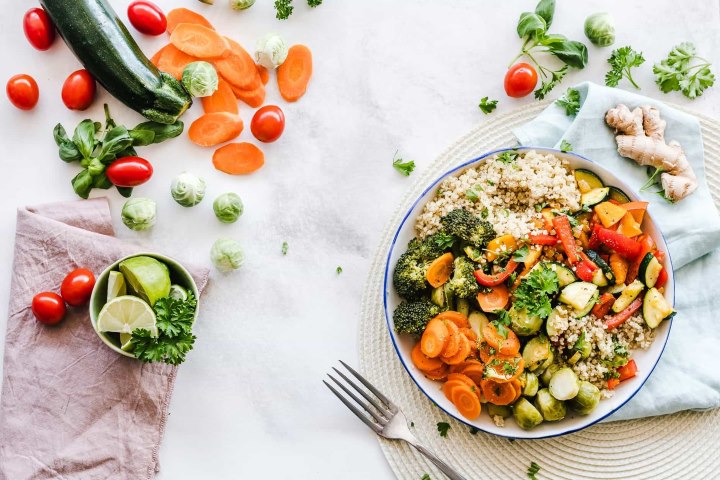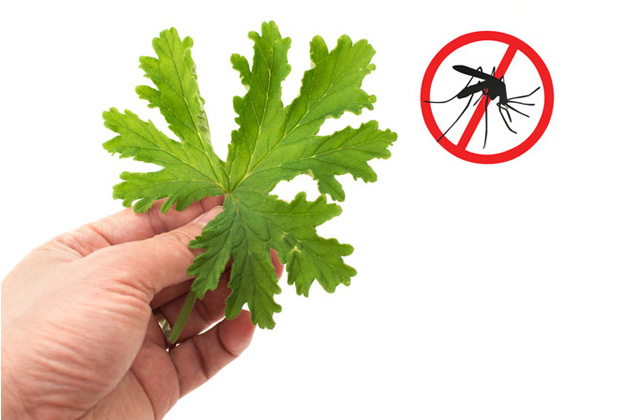Recovering from a caesarean section, whether planned or unexpected, requires special attention to your diet to support healing and overall well-being. A nutrient-rich diet plays a crucial role in promoting a faster recovery and providing the necessary resources for your body to heal efficiently. In this article, we will explore the importance of a healthy diet post-caesarean section, highlight key foods to incorporate for optimal healing, discuss the significance of hydration, identify foods to avoid and explore the benefits of fibre and protein. By focusing on proper nutrition, you can enhance your recovery process and ensure a healthy start to this new chapter of motherhood.
In This Article:
- Why Is Nutrition Essential Post-Delivery?
- Essential Nutrients To Consider Incorporating Into Your Diet After A Caesarean Delivery
- Foods to Avoid After C-Section
- Things to Remember
Why Is Nutrition Essential Post-Delivery?
For pregnant women who undergo a caesarean section, proper nutrition is essential for a healthy recovery. The body goes through significant changes during pregnancy and after delivery, making it crucial to consume the right foods to support healing and overall well-being. A well-balanced diet can aid in reducing the risk of complications, improve energy levels, and promote the production of breast milk.
Essential Nutrients To Consider Incorporating Into Your Diet After A Caesarean Delivery
Here are some essential nutrients to consider incorporating into your diet after a caesarean delivery:
Protein:
Consuming an adequate amount of protein is crucial for healing after a caesarean section. Protein-rich foods such as lean meats, poultry, fish, eggs, dairy products, legumes, and nuts can aid in tissue repair and support the body’s recovery process.
Iron:
Iron is vital, especially after significant blood loss during childbirth. Incorporating iron-rich foods such as red meat, poultry, fish, lentils, beans, tofu, and fortified cereals can help prevent anaemia and promote overall energy levels.
Fibre:
Constipation is a common issue following a caesarean delivery. Including high-fibre foods like fruits, vegetables, whole grains, and legumes can aid in preventing constipation and supporting digestive health.
Good Fats:
Healthy fats are crucial for the body’s overall functioning and can aid in reducing inflammation. Foods rich in good fats include avocados, nuts, seeds, and olive oil.
Calcium:
Getting an adequate amount of calcium is important for bone health, especially for women who are breastfeeding. Dairy products, fortified plant milks, tofu, and leafy green vegetables are excellent sources of calcium.
Hydration:
Staying well-hydrated is essential for recovery. Drinking plenty of water and consuming hydrating foods such as fruits and vegetables can aid in preventing dehydration and supporting overall health.
Vitamins and Minerals:
Consuming a variety of fruits and vegetables is important to obtain essential vitamins and minerals. Colourful produce like berries, citrus fruits, spinach, kale, and bell peppers can provide a wide range of nutrients to support healing and overall well-being.
It’s important to note that every woman’s nutritional needs may vary, so it’s crucial to consult with a healthcare provider or a registered dietitian to create a personalised post-caesarean delivery diet plan.
Foods to Avoid After C-Section
-
High-Sodium Foods
Excessive sodium can lead to bloating and water retention, which may exacerbate post-surgery discomfort. Avoid processed foods, canned soups, and salty snacks, as they tend to be high in sodium. Opt for fresh, homemade meals seasoned with herbs and spices instead.
-
Carbonated Drinks
Carbonated beverages can cause gas and bloating, which may be particularly uncomfortable after a caesarean section. Stick to still water and herbal teas to stay hydrated without introducing unnecessary gas into your system.
-
Spicy Foods
While you may love the kick of spicy foods under normal circumstances, they can be harsh on your digestive system post-surgery. Spicy foods have the potential to cause gastrointestinal distress, so it’s best to avoid them until you’re further along in your recovery.
-
Citrus Fruits
Citrus fruits are acidic and can be irritating to sensitive digestive systems, especially following a caesarean section. Limit your intake of oranges, lemons, and grapefruits in the immediate postpartum period and opt for low-acid fruits like bananas and melons instead.
-
Fried and Fatty Foods
Fried and fatty foods can be challenging for your body to process, potentially leading to discomfort and indigestion. Instead, focus on consuming healthy fats from sources like avocados, nuts, and seeds to support your healing and overall well-being.
-
Dairy Products
For some women, dairy products can contribute to bloating and digestive issues, which can be particularly bothersome as you recover from a caesarean section. Experiment with dairy-free alternatives like almond milk or coconut yoghurt to see if they sit better with your system.
-
Caffeine
While you may be tempted to reach for a caffeinated pick-me-up, it’s best to limit your intake of caffeine during the postpartum period. Caffeine can interfere with sleep and hydration, both of which are crucial for your recovery.
-
Sugary Treats
Excessive sugar intake can lead to energy crashes and mood swings, which can be especially taxing as you navigate the demands of caring for a newborn while recovering from surgery. Opt for naturally sweetened treats like fresh fruit to satisfy your sweet tooth without the unwanted side effects of refined sugar.
Things to Remember
Remember, staying well-hydrated is crucial for your recovery. Drinking plenty of water can aid in preventing constipation and promote overall healing. Additionally, integrating fruits, vegetables, lean proteins, and whole grains into your diet can provide the essential nutrients your body needs to recover efficiently.
Every woman’s body and recovery process are unique, so it’s advisable to consult with your healthcare provider or a registered dietitian for personalised dietary recommendations tailored to your individual needs and circumstances.
Conclusion
In conclusion, prioritising a nutrient-rich diet after a caesarean section is a key component of the recovery journey for new mothers. Being mindful of the foods to avoid after a C-section can contribute to a smoother recovery process. By focusing on the right foods to eat and avoiding those that may hinder the healing process, women can support their bodies as they navigate this transformative phase of motherhood. Remember, self-care and proper nutrition are instrumental in regaining strength and promoting overall well-being after childbirth.
Sources:
2. https://www.carehospitals.com/blog-detail/food-to-eat-and-avoid-after-cesarean/













